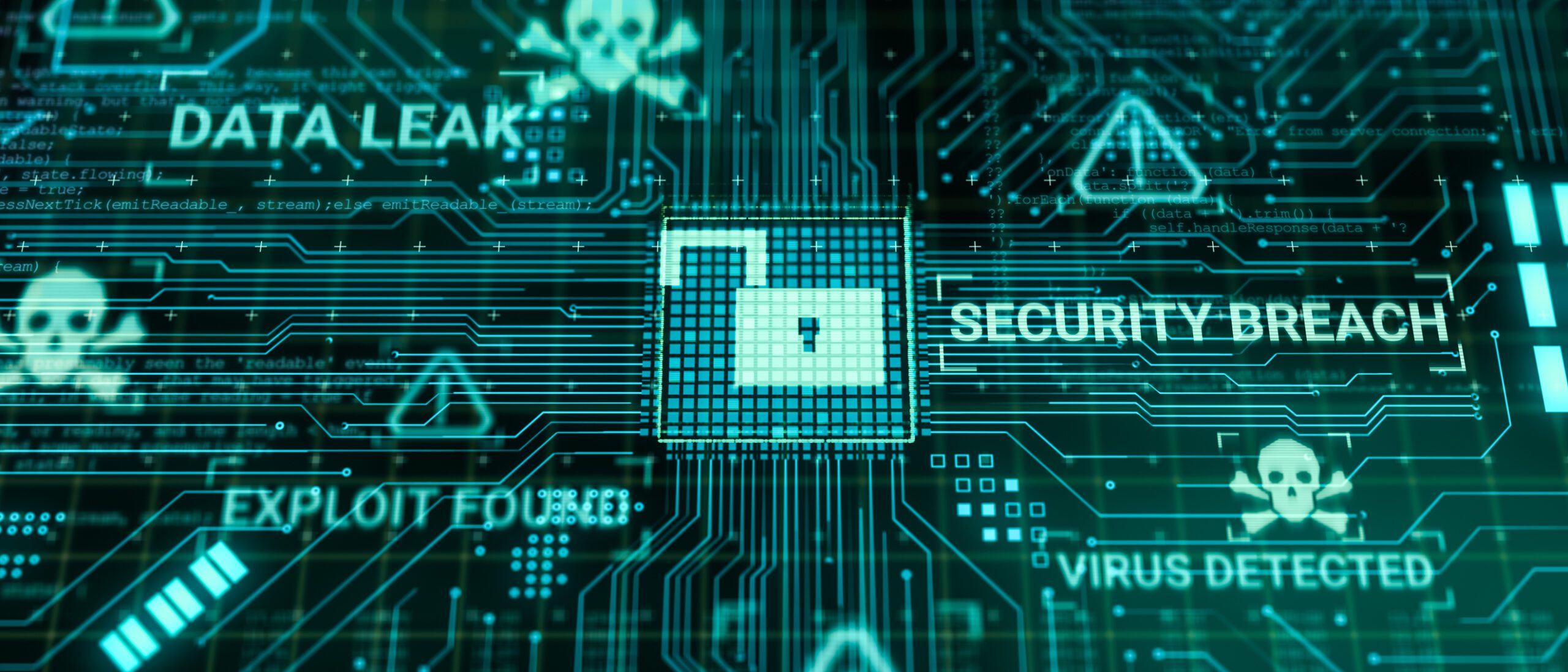Although blockchain technology has been around for more than ten years, it has only recently come to the notice of the general public. Blockchain was initially associated with digital money like Bitcoin, but it has much greater promise. Blockchain development is revolutionizing several sectors by offering a safe, open, and decentralized data exchange and archiving method. This article will examine how blockchain changes various industries and how you can become a blockchain developer.

How does blockchain technology work?
Let’s define blockchain technology before exploring how it revolutionizes various sectors. Blockchain is a distributed, unchangeable ledger that makes it easier to document transactions and monitor assets in a company network. An asset may be physical (such as a home, vehicle, money, or property) or immaterial—(intellectual property, patents, copyrights, branding). Blockchain technology allows for secure and transparent transactions without intermediaries like banks or governments.
A decentralized network of computers that collaborate to verify and document transactions is the foundation of blockchain technology. A hash, a unique code generated by intricate mathematical methods, is present in each blockchain transaction. A node added to the blockchain cannot be changed or removed once added, making it a safe and impenetrable method of keeping data.
The Revolutionary Impact of Blockchain on Industries
1. Finance
The financial sector was one of the first sectors to grasp the promise of blockchain technology. Without intermediaries like banks, blockchain offers a safe and transparent method to perform financial transactions. As a result, blockchain-based coins like Bitcoin have become more popular. Smart contracts, self-executing contracts that autonomously enforce an agreement’s conditions, are also being developed using blockchain technology.
2. Health Care
Another area in that blockchain technology is transforming is the healthcare sector. Patient data must be shared and stored safely and openly to deliver high-quality healthcare. Blockchain also monitors the pharmaceutical industry’s supply chain, ensuring that the medicines are genuine and not fake.
3. Supply Chain Administration
Blockchain has a good impact on supply chain management as it helps to transform. Businesses can follow the flow of products from the manufacturer to the final customer by utilizing blockchain technology. It also guarantee that goods are genuine and not fake.
4. Real Estate
Another area in that blockchain technology is transforming is the real estate market. Without intermediaries like attorneys or real estate agents, blockchain offers a safe and transparent way to handle real estate deals. The possibility for this is to lower transaction expenses and boost productivity.
5. Gaming
Blockchain technology is also changing the gaming business. Online gaming requires a safe, transparent method of performing in-game transactions, and blockchain offers just that. Blockchain also develops specific digital commodities that participants can exchange.
Getting Started as a Blockchain Developer
If you’re interested in becoming a blockchain developer, there are several steps you can take. You must first become familiar with the fundamentals of blockchain technology, including how it operates and its possible uses. By enrolling in online classes or attending blockchain conferences, one can achieve the goal of becoming a blockchain developer.
You’ll need to learn how to code once you have a rudimentary grasp of blockchain technology. Programming languages like Solidity, used to create smart contracts on the Ethereum network, are necessary for blockchain creation. Finally, it would help if you worked on blockchain initiatives to acquire real-world expertise. Joining blockchain development groups or contributing to open-source blockchain initiatives are two ways to achieve this.

Conclusion
In conclusion, blockchain technology’s decentralized, public, and safe data storage and sharing capabilities are revolutionizing several sectors. There is no end to the possible uses for blockchain, and as the technology develops, more and more sectors will likely be affected. Learning the fundamentals of blockchain technology, programming in languages like Solidity, and getting real-world experience by working on projects is crucial if you want to become a blockchain engineer. Being a blockchain developer can be a rewarding and thrilling job as technology continues to develop and alter how we conduct business.




